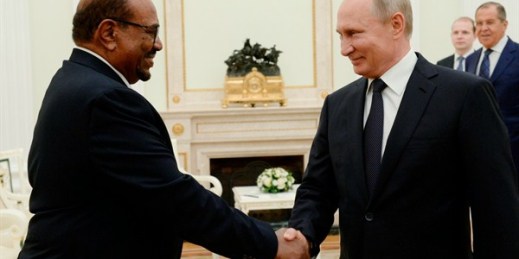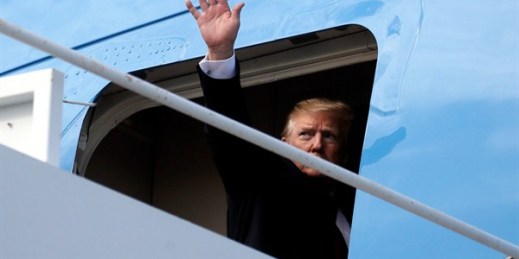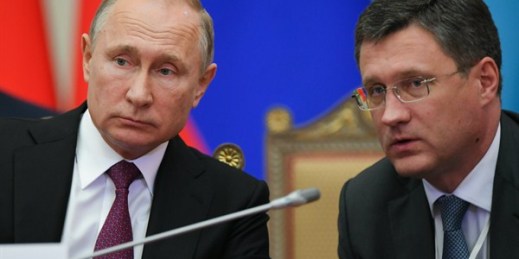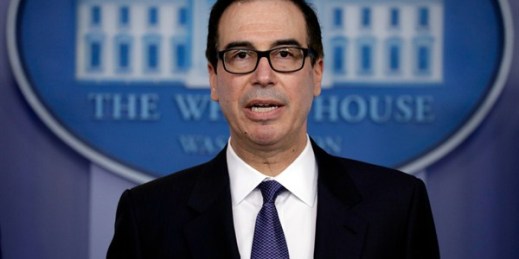
Moscow's relationship with Sudan is far from new, but Russian activity in Sudan is deeper now, and Russia cannot afford to sacrifice the benefits of having Bashir in its orbit. As protests in Sudan calling for the removal of President Omar al-Bashir enter their fourth month, Russian support for the regime has begun to attract international interest. Much has been written about Russian activity, whether overt or covert, in places like Syria, the Central African Republic and Venezuela. But until now, comparatively little attention has been given to Moscow’s involvement in Sudan, which is a linchpin of Russia’s approach to […]



